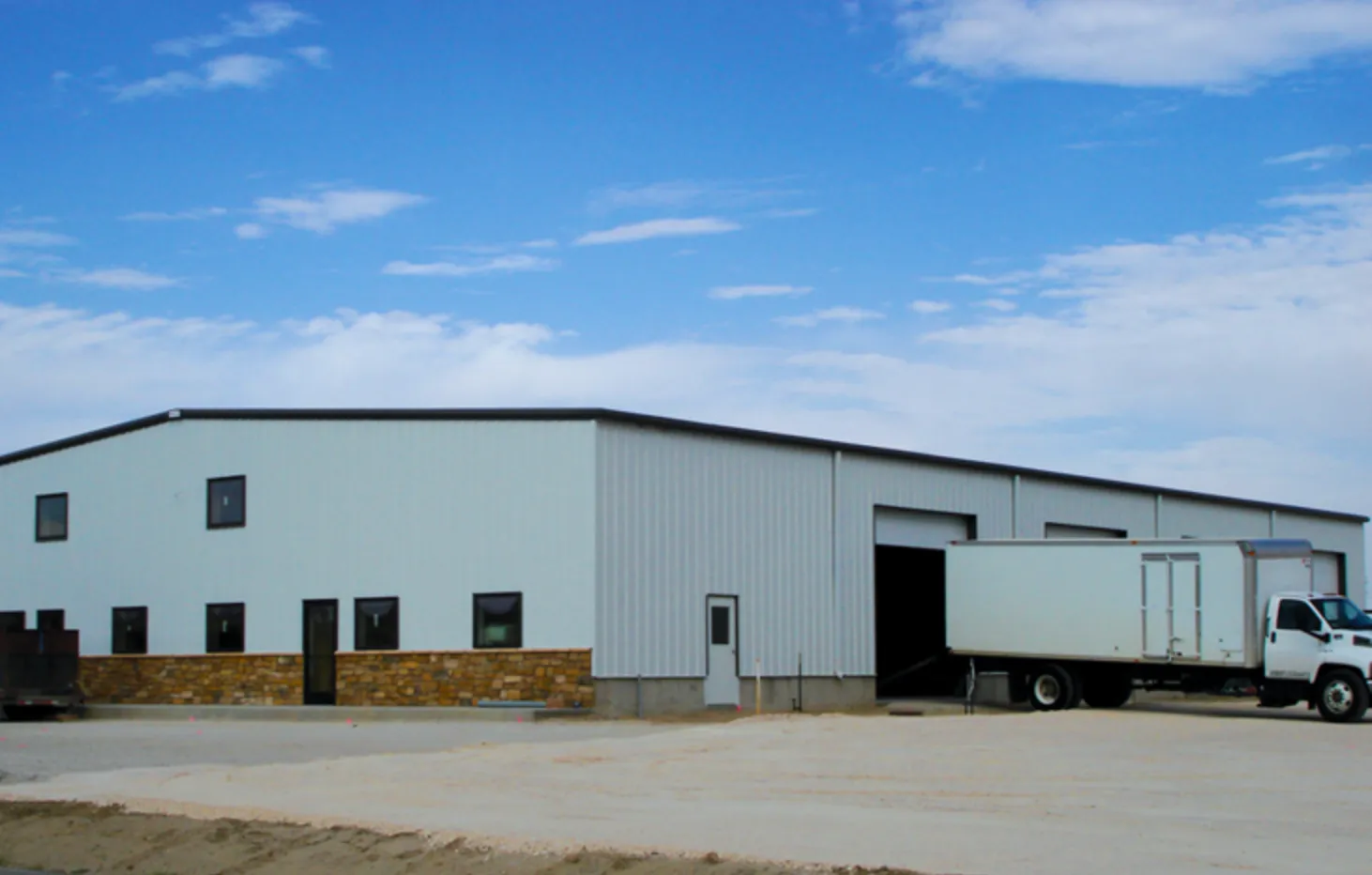- Afrikaans
- Albanian
- Amharic
- Arabic
- Armenian
- Azerbaijani
- Basque
- Belarusian
- Bengali
- Bosnian
- Bulgarian
- Catalan
- Cebuano
- Corsican
- Croatian
- Czech
- Danish
- Dutch
- English
- Esperanto
- Estonian
- Finnish
- French
- Frisian
- Galician
- Georgian
- German
- Greek
- Gujarati
- Haitian Creole
- hausa
- hawaiian
- Hebrew
- Hindi
- Miao
- Hungarian
- Icelandic
- igbo
- Indonesian
- irish
- Italian
- Japanese
- Javanese
- Kannada
- kazakh
- Khmer
- Rwandese
- Korean
- Kurdish
- Kyrgyz
- Lao
- Latin
- Latvian
- Lithuanian
- Luxembourgish
- Macedonian
- Malgashi
- Malay
- Malayalam
- Maltese
- Maori
- Marathi
- Mongolian
- Myanmar
- Nepali
- Norwegian
- Norwegian
- Occitan
- Pashto
- Persian
- Polish
- Portuguese
- Punjabi
- Romanian
- Russian
- Samoan
- Scottish Gaelic
- Serbian
- Sesotho
- Shona
- Sindhi
- Sinhala
- Slovak
- Slovenian
- Somali
- Spanish
- Sundanese
- Swahili
- Swedish
- Tagalog
- Tajik
- Tamil
- Tatar
- Telugu
- Thai
- Turkish
- Turkmen
- Ukrainian
- Urdu
- Uighur
- Uzbek
- Vietnamese
- Welsh
- Bantu
- Yiddish
- Yoruba
- Zulu
Oct . 15, 2024 21:54 Back to list
The Significance of Steel Warehouses in Modern Industry
In the contemporary industrial landscape, warehouses play a crucial role in facilitating supply chain efficiency, and steel warehouses, in particular, have emerged as a popular choice for businesses around the world. With their durability, cost-effectiveness, and versatility, steel warehouses offer a plethora of advantages that make them paramount in various sectors, including manufacturing, logistics, and retail.
One of the primary benefits of steel warehouses is their exceptional strength and durability. Constructed from high-quality steel, these structures are designed to withstand harsh weather conditions, including heavy snow loads, strong winds, and seismic activity. This resilience ensures that the stored goods within remain safe and secure, reducing the risk of losses due to structural failure. Moreover, steel warehouses require minimal maintenance compared to conventional buildings made of wood or other materials, which can deteriorate over time. This longevity translates into lower long-term costs for businesses, making steel an attractive investment.
Cost-effectiveness is another significant advantage of steel warehouses. The initial construction costs may be comparable to those of traditional warehouses, but the long-term savings are often greater. Steel buildings can be erected more quickly due to prefabrication techniques, resulting in reduced labor costs and expedited timelines. Additionally, their energy efficiency is superior; modern steel warehouses can be designed with excellent insulation properties, which contribute to lower heating and cooling expenses. As utilities represent a substantial expense for businesses, this aspect can lead to significant overall savings.
steel warehouses

Versatility is a defining characteristic of steel warehouses. They can be customized to suit various needs, ranging from storage of raw materials to finished products, or even as manufacturing spaces. The clear-span design allowed by steel construction means that businesses can maximize their useable floor space without the constraints of interior columns, facilitating efficient storage and workflow processes. This flexibility allows steel warehouses to adapt to the evolving needs of businesses, whether they require expansion or modification of existing facilities.
Furthermore, environmental considerations are increasingly influencing industrial choices. Steel is among the most recycled materials globally, with a high percentage of new steel containing recycled content. Choosing steel warehouses aligns with sustainable practices and helps companies reduce their carbon footprint. Many modern steel buildings also incorporate green technologies, such as solar energy panels, further enhancing their environmental credentials.
In conclusion, steel warehouses represent a modern solution to the diverse needs of today's industries. Their durability, cost-effectiveness, versatility, and environmental benefits position them as a preferred choice for many businesses looking to optimize storage and distribution capabilities. As the global economy continues to evolve, the reliance on efficient and resilient infrastructure will only increase, making steel warehouses an indispensable part of industrial operations. As industries strive for greater efficiency and sustainability, the future of steel warehouses is not just bright; it is essential for fostering robust supply chains that drive economic growth.
-
How Do Prefabricated Steel Structures Transform Modern Construction?
NewsJul.14,2025
-
How Do Prefabricated Metal Buildings Redefine Modern Construction?
NewsJul.14,2025
-
How Do Prefab Insulated Metal Buildings and Steel Structures Revolutionize Modern Construction?
NewsJul.14,2025
-
How Do Pre - Engineered Steel Structures Redefine Modern Construction?
NewsJul.14,2025
-
Advancing Modular Construction with Prefabricated Metal Structures
NewsJul.14,2025
-
Advancing Industrial Infrastructure with Prefabricated Steel Solutions
NewsJul.14,2025
Products categories
Our Latest News
We have a professional design team and an excellent production and construction team.












